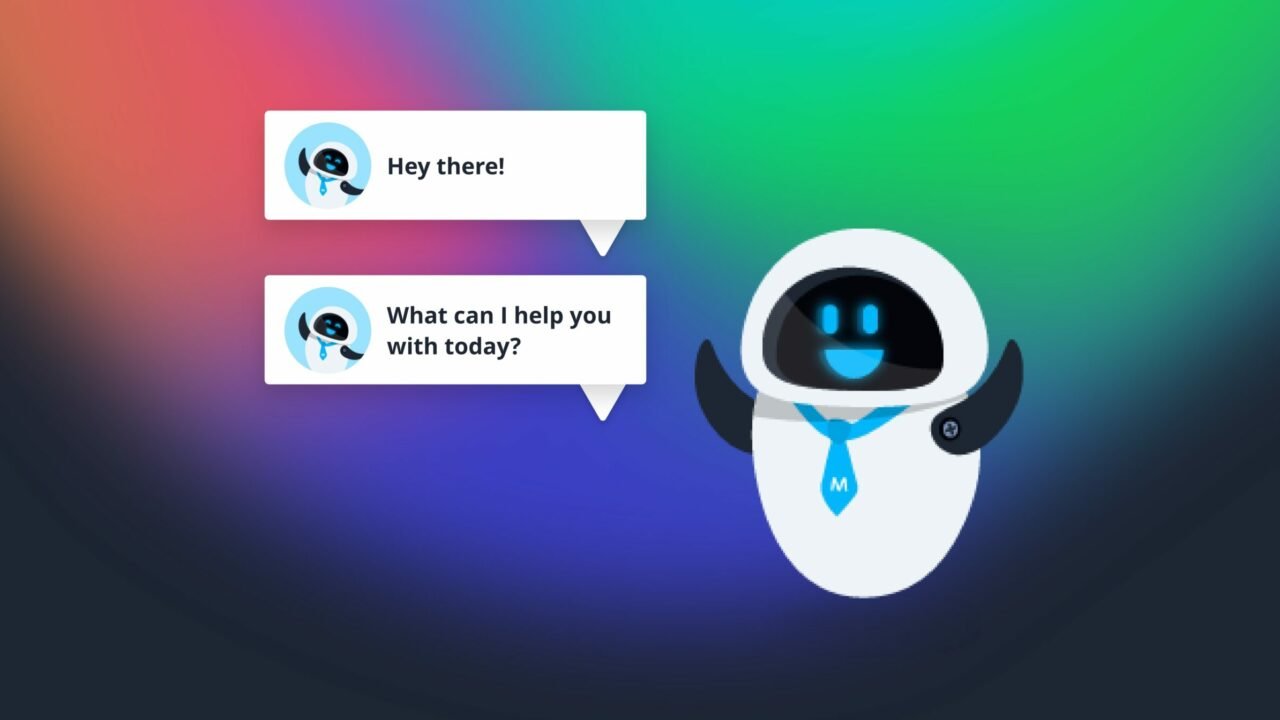The concept of conversing with a digital version of your future self, offering sage advice and wisdom gleaned from years of experience, sounds enticing. However, as AI-powered “older self” chatbots gain popularity, experts caution against overestimating their ability to prevent us from making the same mistakes we’re prone to.
The Rise of “Older Self” Chatbots
Recent advancements in artificial intelligence have led to the development of chatbots designed to simulate an older version of the user. These chatbots analyze the user’s input, behavior, and online presence to create a profile of their potential future self. The idea is to provide guidance and perspective, potentially helping users avoid regrets later in life.
Why Chatbots Can’t Replace Real-Life Experience
While the idea of an “older self” chatbot is intriguing, several factors limit its effectiveness in guiding real-life decision-making:
- Limited understanding of individual context: Chatbots, no matter how advanced, lack the nuanced understanding of a person’s unique circumstances, emotions, and values that shape their choices. Advice that seems sound in theory may not be practical in a specific situation.
- Potential for inaccurate self-representation: The “older self” presented by a chatbot is an AI-generated construct, not a guaranteed prediction of the user’s future. The chatbot’s advice may be based on an idealized version of the user, leading to unrealistic expectations.
- The human tendency to repeat mistakes: Even with the best intentions and advice, people are prone to making impulsive or emotionally driven decisions. A chatbot can offer guidance, but it cannot override ingrained behavioral patterns.
- Overreliance on technology: Relying solely on a chatbot for life advice can discourage individuals from seeking guidance from real people – friends, family, mentors – who possess a deeper understanding of their situation.
The Role of Chatbots in Personal Growth
Despite their limitations, “older self” chatbots can still serve a valuable purpose. They can:
- Offer a fresh perspective: The chatbot’s advice, even if not perfectly tailored, can challenge assumptions and prompt users to consider alternative viewpoints.
- Facilitate self-reflection: Interacting with a chatbot can encourage users to think about their values, goals, and priorities.
- Provide a safe space for exploration: Users may feel more comfortable discussing sensitive topics or exploring different life paths with a chatbot than with real people.
The Bottom Line: AI is a Tool, Not a Solution
AI-powered “older self” chatbots offer an intriguing glimpse into the potential of technology to aid personal growth. However, it is essential to approach them with realistic expectations. They can supplement, not replace, the wisdom gained through real-life experiences and relationships.



















Add Comment